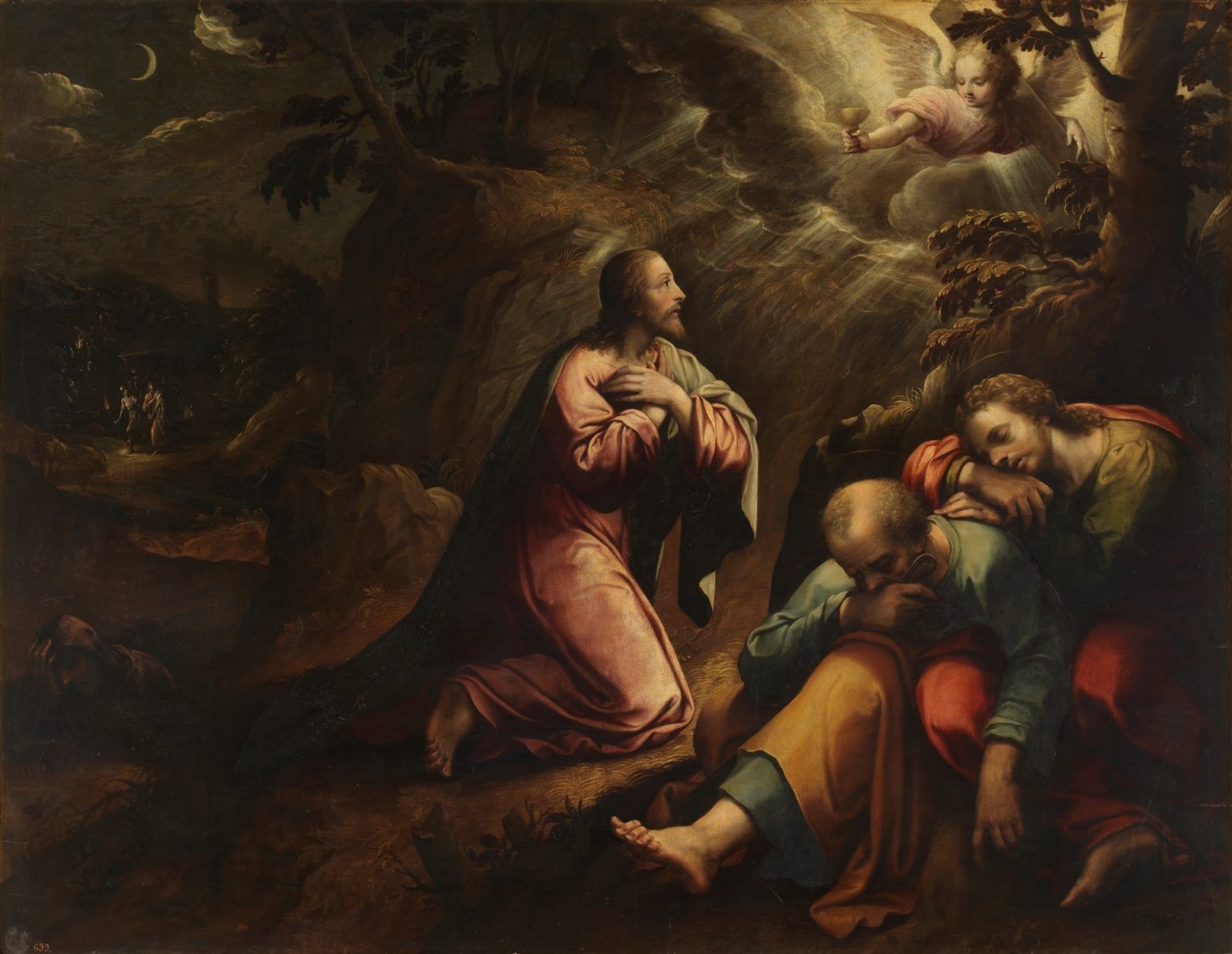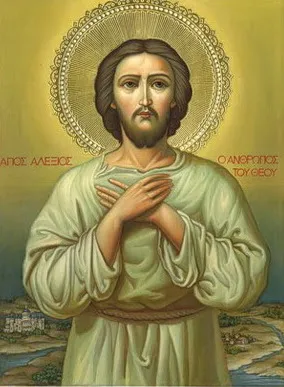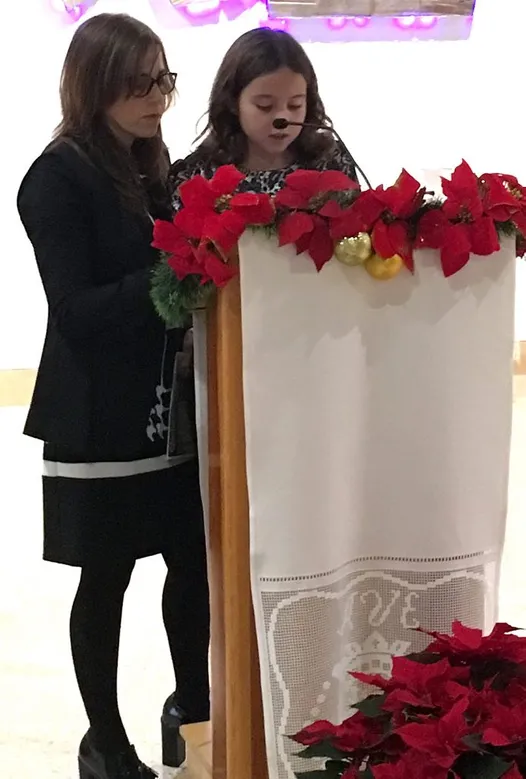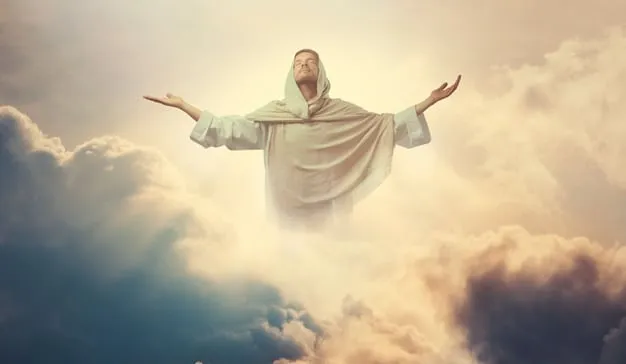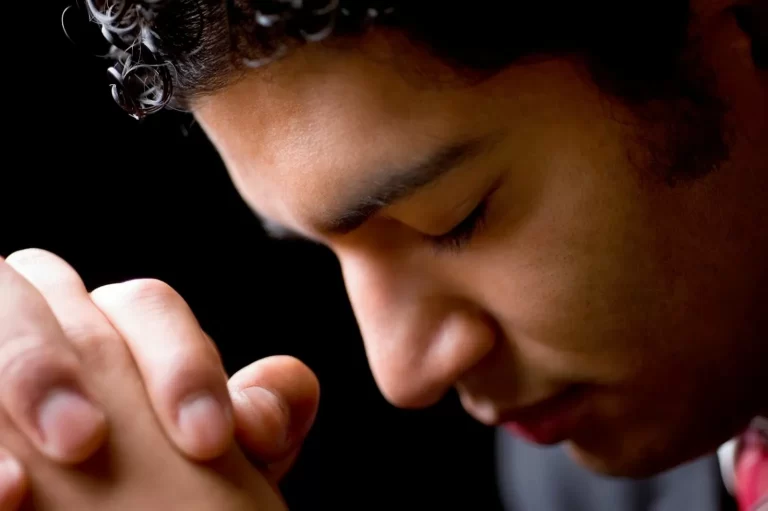The Prayer of the Lord Jesus in the Garden of Olives
In the story of the Prayer of Jesus in the Garden of Olives is one of the moments of greatest depth and enigma in the Bible. The analysis of this passage has to lead us rather to veneration than to its investigation, since there we will be able to see the Lord waging the definitive battle against sin. Find out much more below.
The Prayer of Jesus in the Garden of Olives
It is known as the Prayer in the Garden of Gethsemane to a passage from the life of Jesus of Nazareth, which is found in the four Gospels, and which outlines the grief of Jesus before being arrested and the start of his so-called “passion”. ». After the Last Supper, Jesus goes to pray at a place which Matthew and Mark identify as the Garden of Gethsemane and Luke points to as the Mount of Olives.
According to the Gospel of Matthew, he was in the company of the apostles Peter, John and James, whom he asked to pray with him. He went a little ahead of them and, feeling an overwhelming restlessness and grief, went to seek the support of his proselytes, but they were asleep.
It was when he turned away again to later see his disciples still asleep. Finally, sensing that the time had come, he went over to see where they were and acknowledge that he had been betrayed and handed over.
Mark’s Gospel adds that, as Jesus prayed, “an angel from heaven appeared to him and comforted him” and that, “filled with anguish, his sweat looked like drops of blood falling to the ground.” This passage continues with the betrayal of Judas and the arrest of Jesus by the Sanhedrin.
Unveiling the Reality in El Huerto
After the Last Supper, Jesus feels an immense need to pray. His soul is afflicted to death. In the Garden of Olives he fell in sorrow: he knelt with his face on the ground (Matthew 26, 39), details Saint Matthew. «My Lord, if it is feasible, let this cup pass from me; but not as I wish, but as you wish». In Jesus, sadness, boredom and lethal anguish are added.
He sought support by accompanying himself with his disciples and got them asleep; but meanwhile one was not asleep; the traitor conspired with his enemies. He, who is the same ingenuity, bears the faults of each and every one of the men, and offered himself, with great love, as a Victim to pay all our obligations in person… and from how many he only obtains he receives oblivion and contempt.
How grateful we should be to the Lord for his voluntary sacrifice to free us from sin and eternal death! In our existence there may be moments of intense pain, in which it is difficult to admit the Divine Will, with temptations of despondency.
The figure of the Agony of Jesus in the Garden of Olives has taught us to embrace the Divine Will, without placing any impediment or conditions, despite the fact that for moments we pray to be freed, as long as in this way we come to be able to identify ourselves with the Divine Will. God’s will. It must be a persevering prayer.
The Necessity of Prayer
We must always pray, for each one of us and for the Church; but there are moments in which that prayer has to increase, when the struggle becomes more tiring; Leaving her would be like abandoning Christ and remaining ourselves at the mercy of the adversary: «in solitude I condemn myself; with God I am redeemed» pointed out Saint Augustine.
Our daily reflection and supplication, usually through the Blessed Virgin, to place our hearts with Hers in God, being an authentic prayer, will keep us vigilant against the rival who does not rest: “Watch and pray that you do not fall into temptation… » And it will make us resistant to withstand and defeat temptations and inconveniences. If we were to neglect ourselves, our joy would be lost and we would feel without energy to fight and give evidence of the Truth.
The Profit of the Preaching
The saints have derived great benefit for their souls and for the Church from this episode of the Lord’s existence. Saint Thomas More teaches us how the Agony of the Lord in Gethsemane has given strength to numerous Christians in the face of immense problems and tribulations. Likewise, he gained strength by observing these scenes, as he awaited martyrdom for being loyal to the faith.
And it can help us to be strong in the setbacks, big or small, of our ordinary existence and take advantage of them to repair for our sins and offer for the Church.
The first painful enigma of the Holy Rosary can be the subject of our prayer when it is difficult for us to reveal the Divine Will in the events of our personal existence and in those of the history of the Church that perhaps we do not understand. You can then pray frequently as an aspiration:
«I wish what you wish, I wish because you wish, I wish as you wish, I wish until you wish (Roman Missal, Thanksgiving After Mass, Universal Prayer of Clement XI)»
Our Father and the Final Prayer
Try every night when going to bed to meditate for a few moments on this passage of the tribulation of Jesus in the garden, praying an Our Father for the dying. He reiterates during the day very frequently, at least when the hour is reached: «Heart of Jesus placed in agony, have mercy on those who perish this day. Dying Heart of Jesus, have mercy on those who perish at this moment.
The Prayer of Jesus in Gethsemane
Gethsemane. Moments of human affliction for Jesus; moments of unspeakable peace in the depths of his spirit, as he fulfills the Holy Will of the Lord. A few moments these, those of the prayer of Jesus in the Garden of Olives, which reach deep into the soul of the Christian. The Master wanted to pray with men and for men at the momentous moment of his dedication to the saving work.
Every detail of that night to remember affects us: we have to contemplate ourselves in that dilemma, to give thanks to the divine benevolence, to face in person the Passion and Death of the Savior and delve into this enigma. In this way we can learn to love and lead a righteous existence. We are going to act like Teresa of Jesus who, appreciating the life of Christ, found herself better where she was seen as “lonelier and sadder”.
«In particular, he tells us, I felt very well in the prayer of the Garden. There was the one who accompanied me. He reflected on that sweat and anguish that he had suffered there… He longed to wipe away that pitiful sweat. Many years, the most nights before I fell asleep, when I entrusted myself to God for it, I always meditated a little on this passage from the prayer of the garden. And I obtain for myself that it was there where my soul had the greatest benefit, since I began to implore without knowing what it was».
This clear belief remains ahead: we all have the power to pray; more precisely, we all have to pray, since we have come into the world to worship God, extol him, serve him and then, in the afterlife, enjoy him perpetually. And what is praying? Simply, talk with God through vocal prayers or reflection. The excuse that we do not understand or we get tired is not valid.
Talking with the Lord to learn from Him consists in seeing Him, in telling Him everything about our lives; if we listen to him, we will hear that he advises us: abandon that, be more affable, work better, serve others, think well of everyone, speak frankly and politely…
Let us not underestimate the treasure of prayer, since it is adored as it is prayed, and it is prayed as it is adored. Surely, contemplating the Master in Gethsemane will manifest in our minds how necessary it is to pray even when it is not easy.

Hello! Let me enthusiastically introduce myself as a dedicated blogger fueled by an intense passion for meticulously crafting insightful and well-researched blogs. My mission revolves around providing you, dear readers, with a veritable treasure trove of invaluable information.

